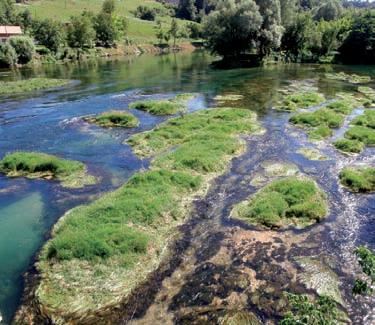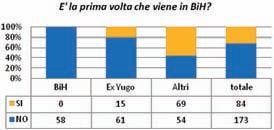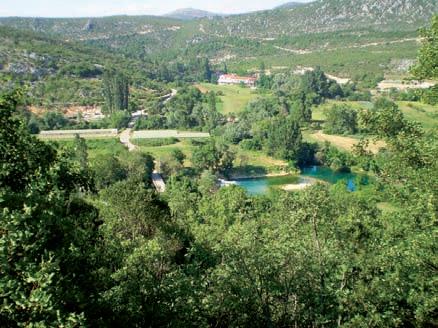About concept of responsible tourism
Responsible tourism should: a) optimally use natural resources that are an important element of tourist development, maintain necessary ecological processes and help preserve natural heritage and biodiversity. b) Respect local socio-cultural identities, preserve their cultural heritage and traditional values and contribute to better cultural understanding and tolerance. c) Ensure visible long-term economic activities, socio-economic benefits for all stakeholders and their equitable distribution, including the possibilities of employment, profit generation and welfare services for local communities in order to contribute to poverty reduction. Development of responsible tourism calls for an active involvement of all important stakeholders and a strong political leadership that can enable participation of a large number of stakeholders and contribute to the decision-making processes by means of consensus. Responsible tourism is a process that takes time and requires constant control of impacts, proposing preventive and corrective measures whenever deemed necessary. It should also reflect a high degree of satisfaction and experience on the part of tourists and raise their awareness of the sustainability issue and promote principles of sustainable tourism. “Development of tourism should be based on sustainability, which means that in the long run it must be ecologically endurable, economically cost-effective and ethically and socially acceptable to local communities.”(Chapter on Sustainable tourism, world conference in Lanzarote, 1995). The Organization of Independent Tour Operators has proposed a number of guidelines of sustainable tourism that are similar to the principles identified by Martha Honey (Eco tourism and sustainable development. Who owns Paradise? Martha Honey, Washington, D.C., Island Press, 1999.) • protection of environment - flora, fauna and landscape • Respect for local culture – tradition, religion and cultural heritage • Contribution to local communities – in economic and welfare terms • Protection of natural resources – from office to destinations • Minimum pollution – noise, waste disposal and over-crowdedness with tourists.
Sustainable tourism in BiH through support to the concept of responsible tourism
9







